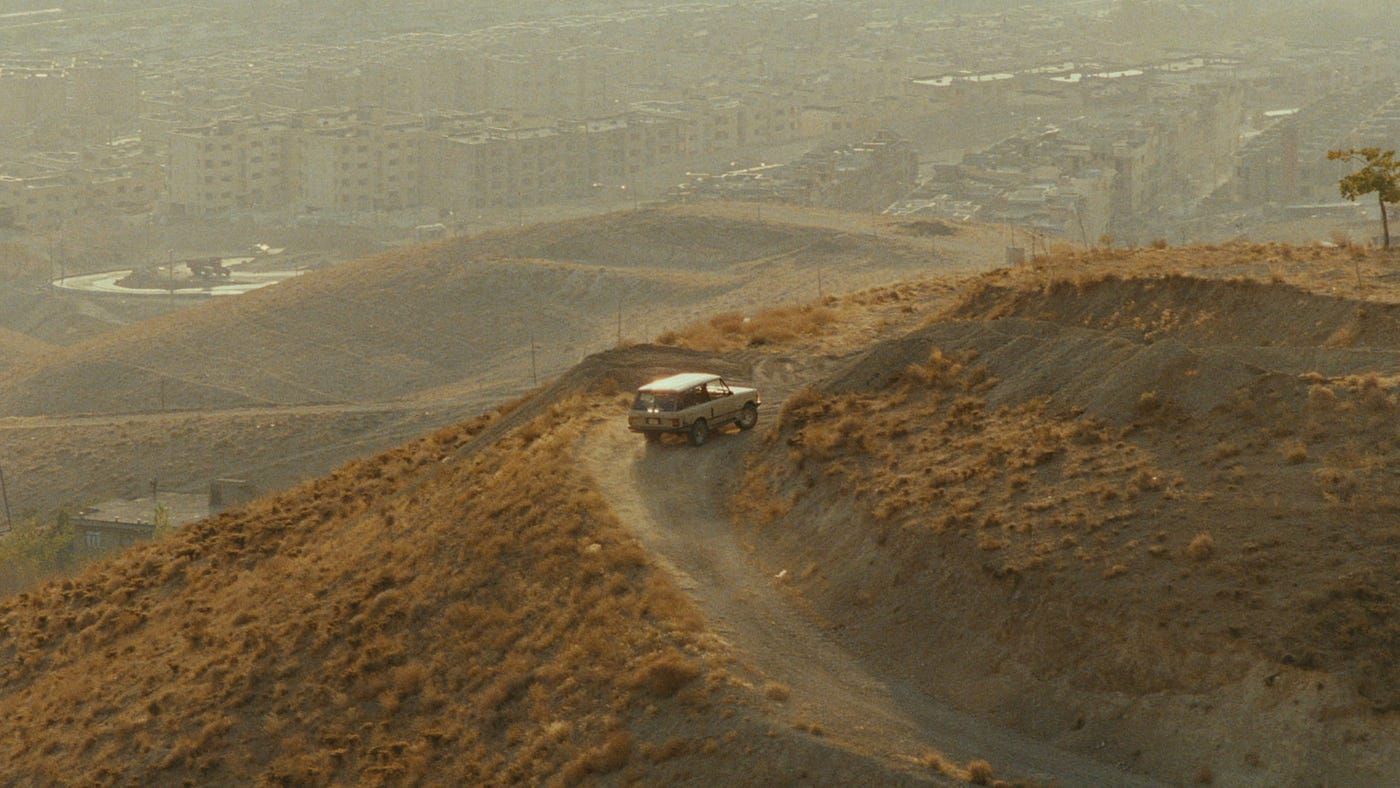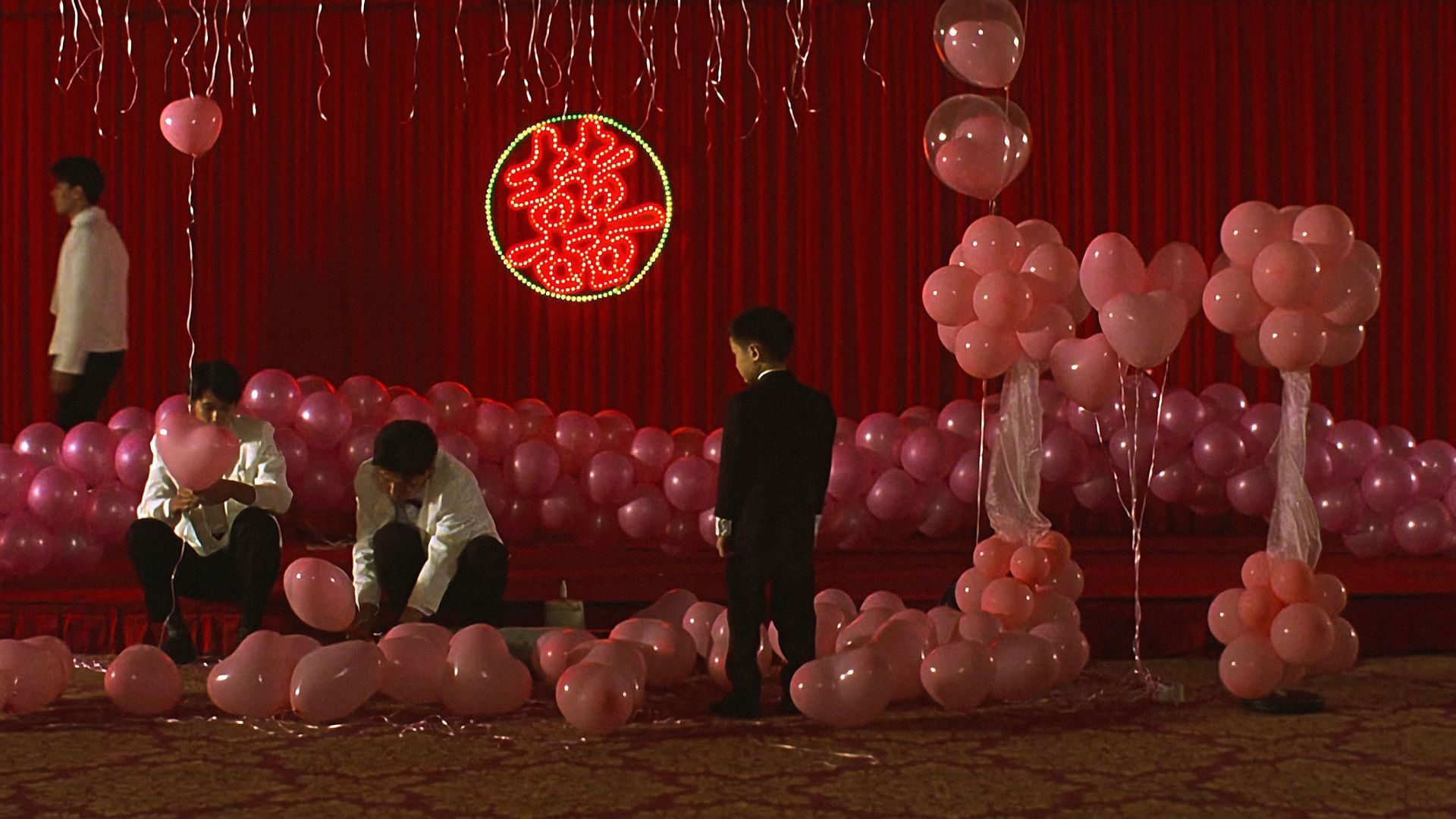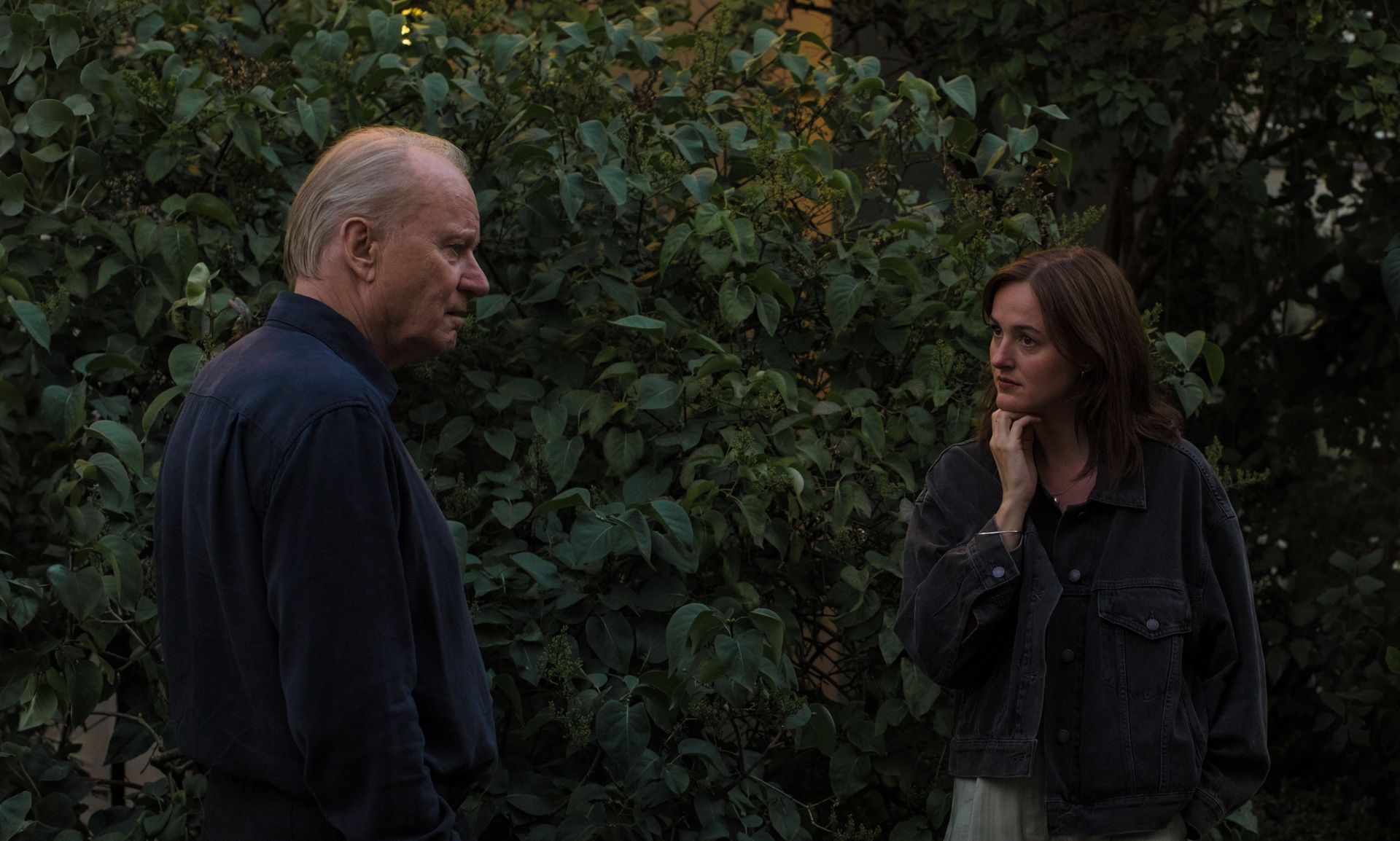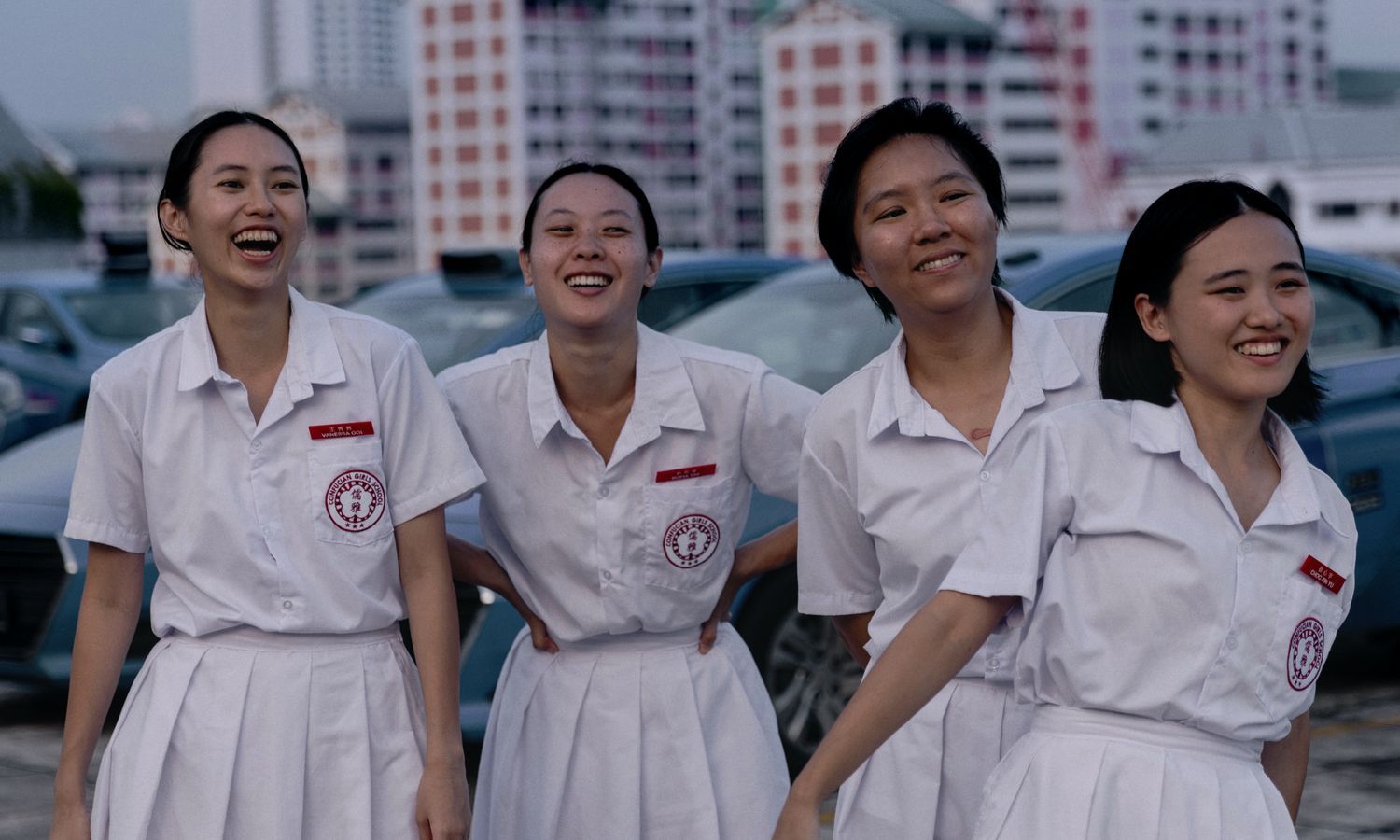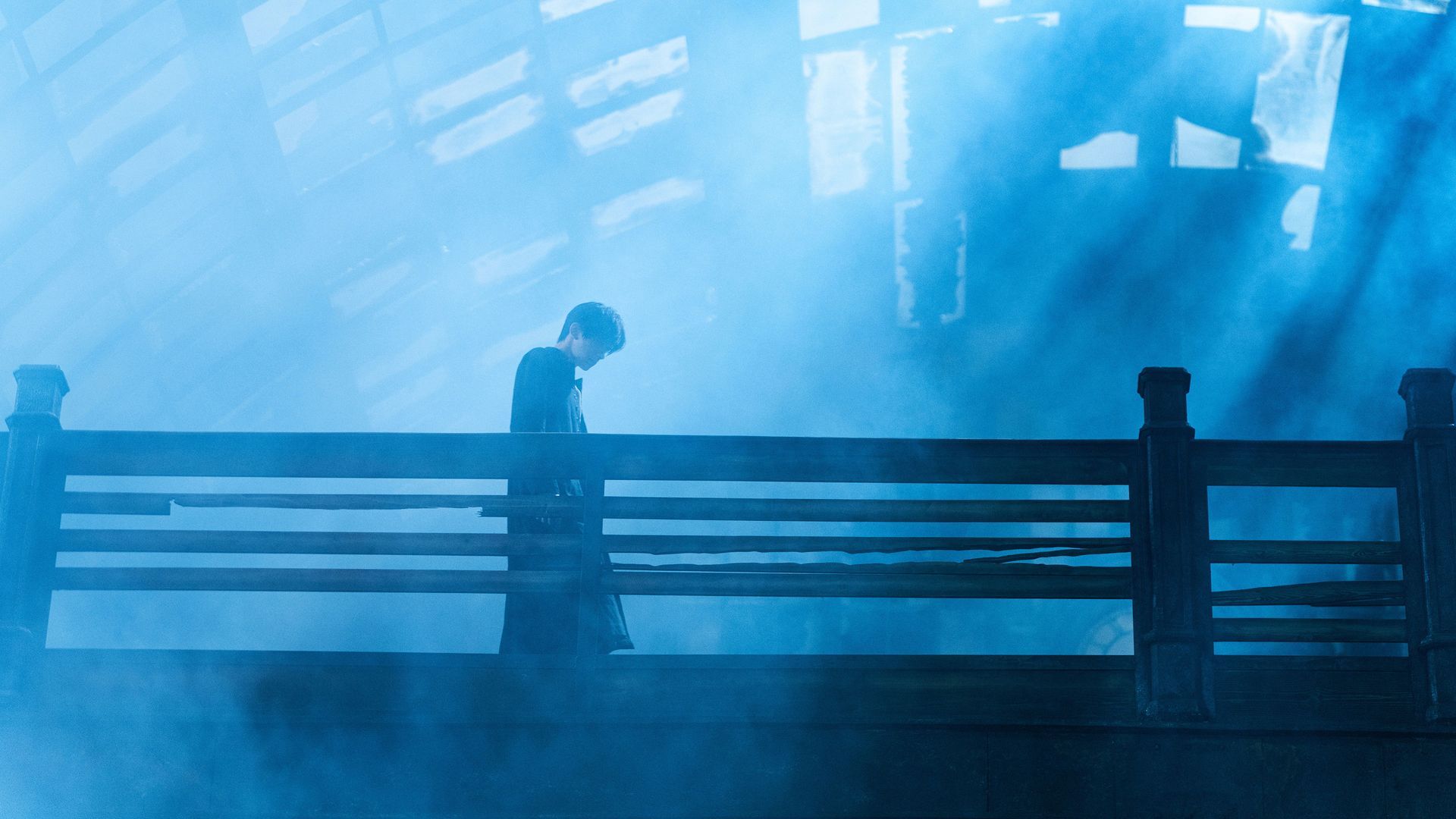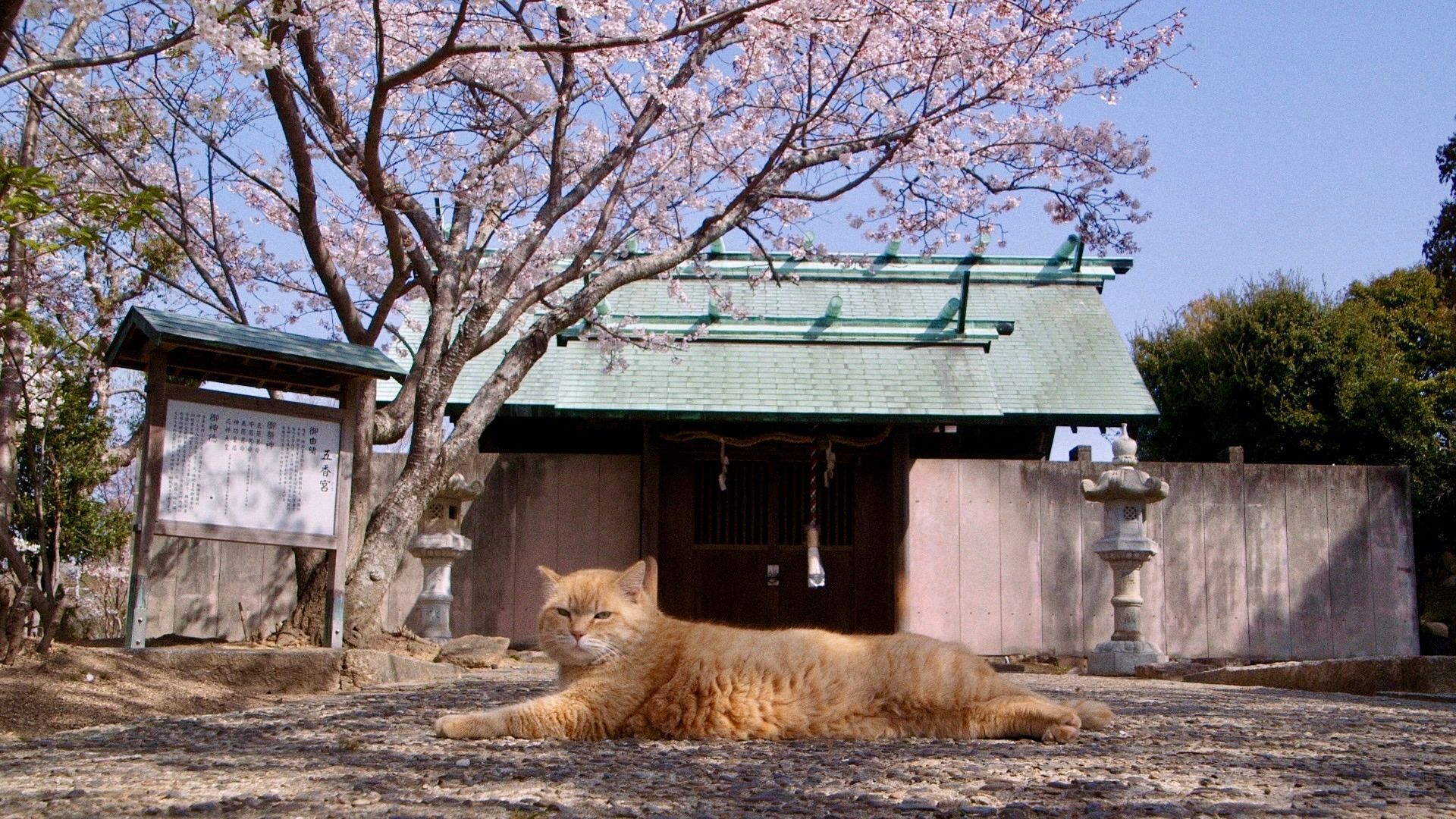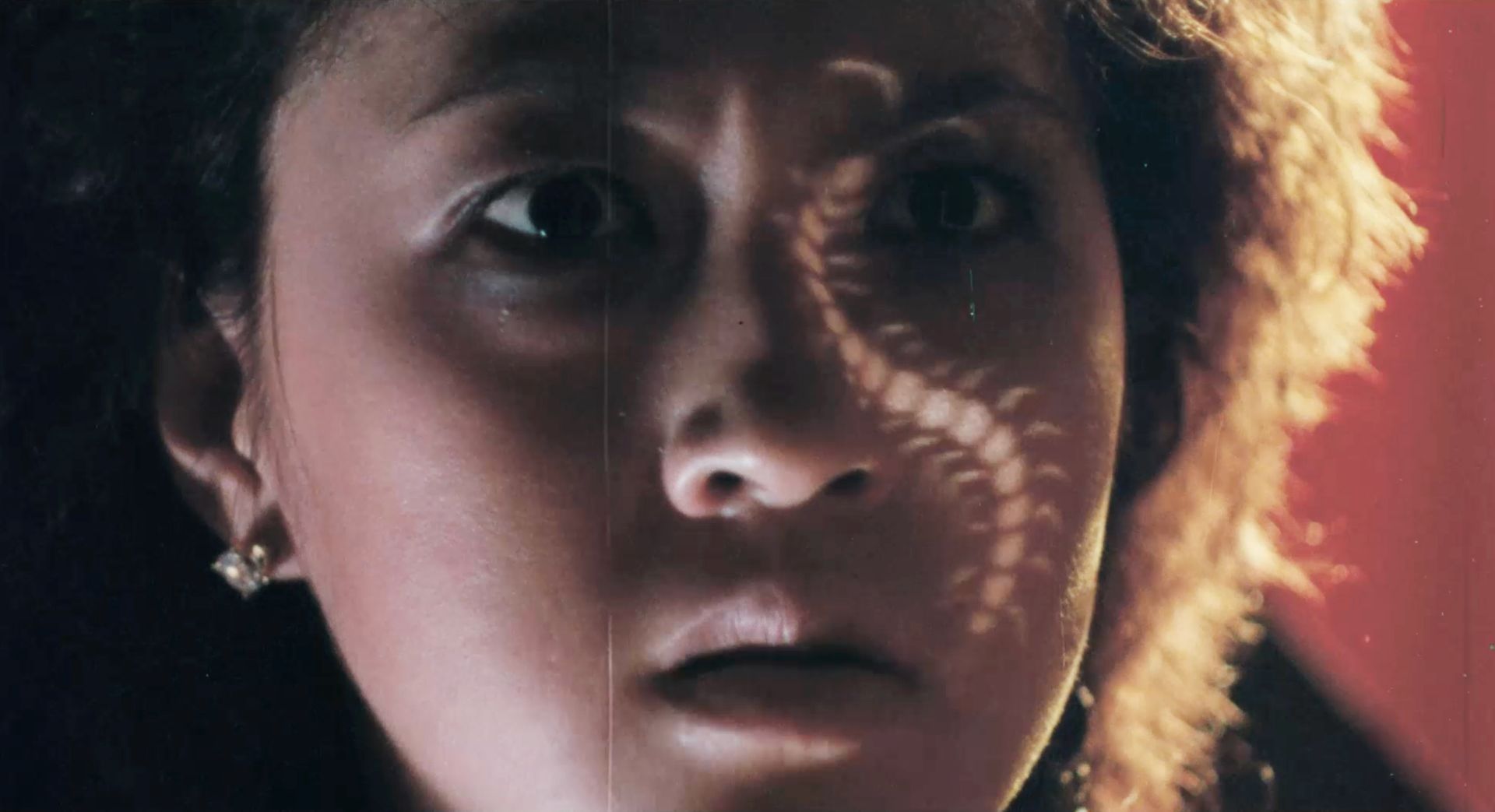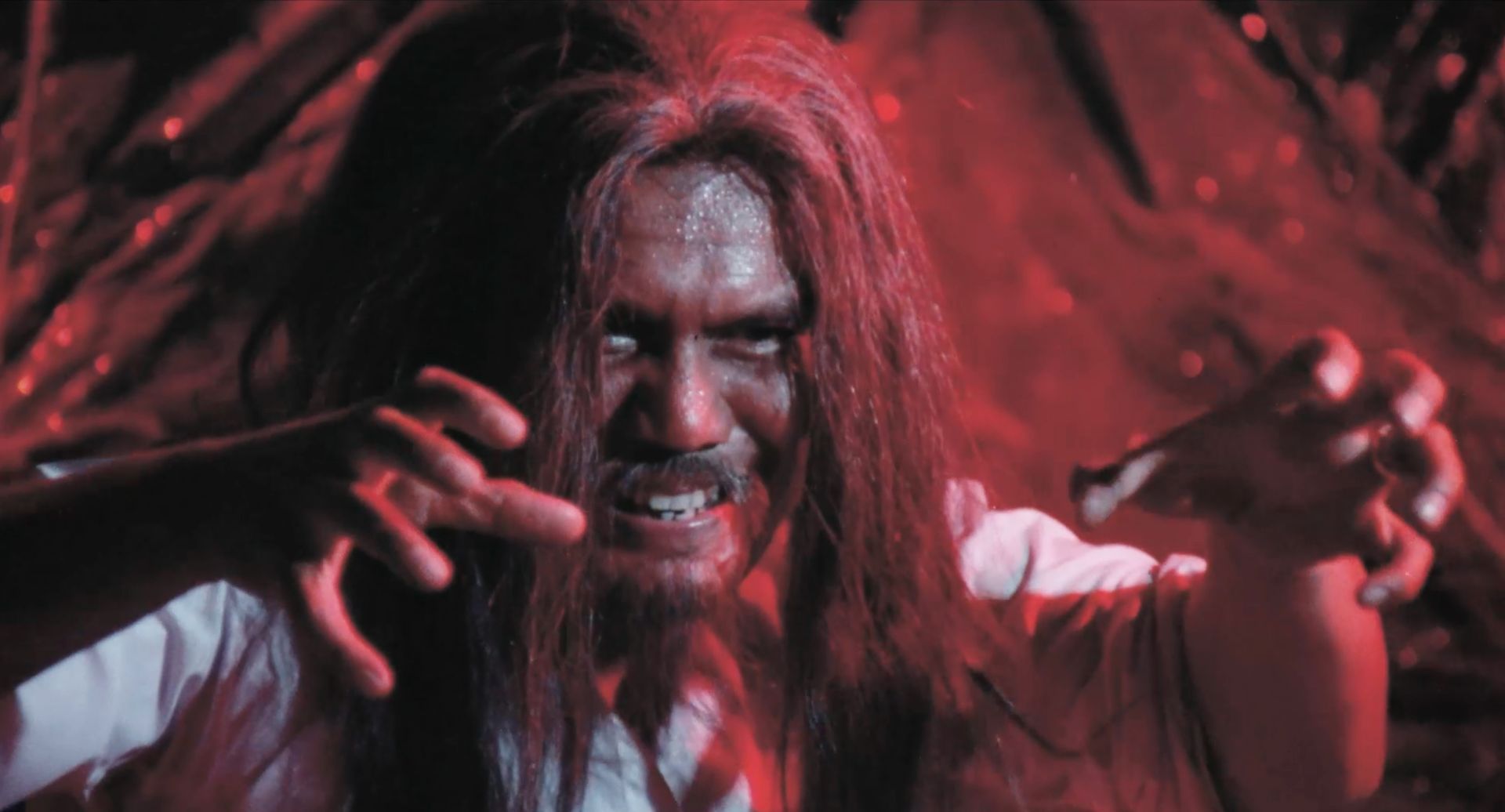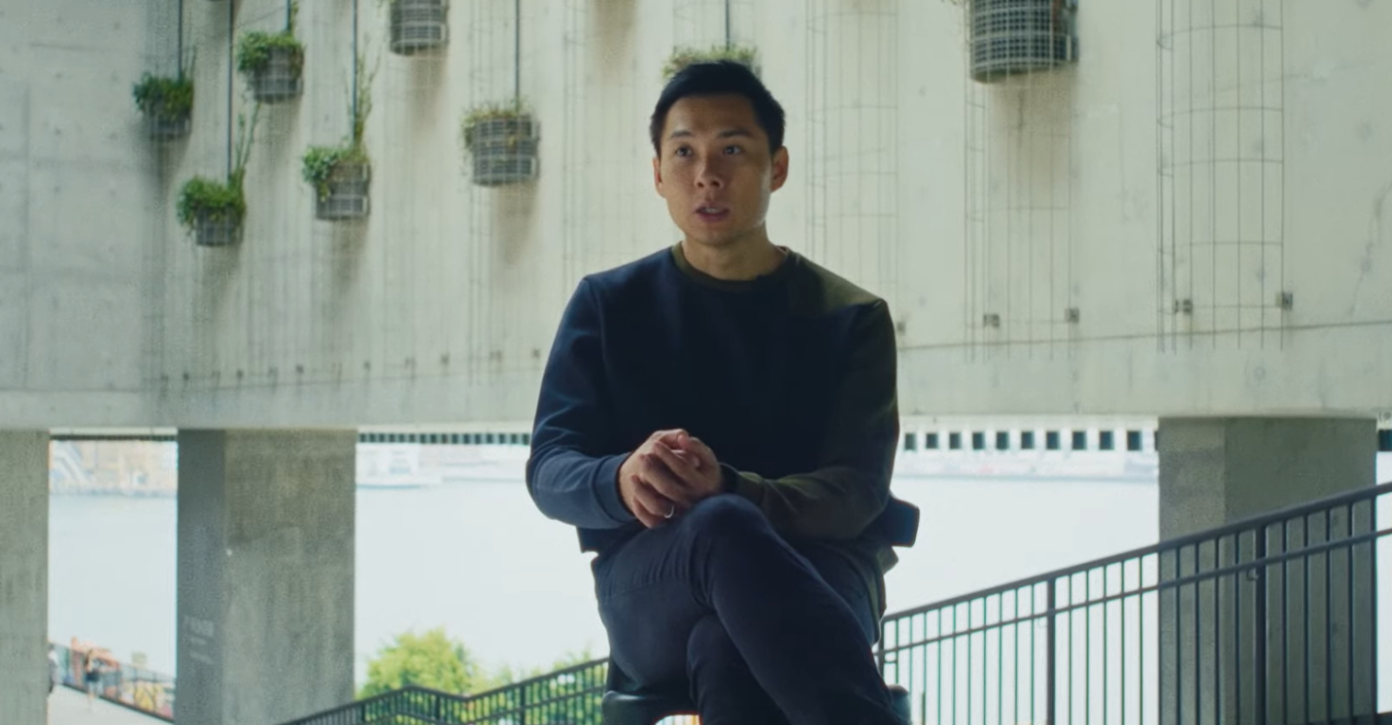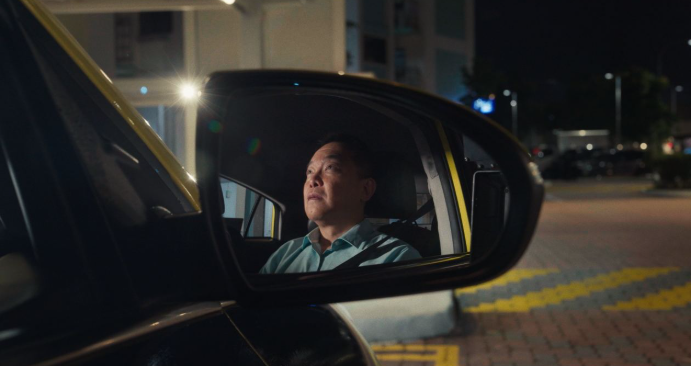Film Review #5: KARAOKE
Film Review #5: KARAOKE
*This film review may contain plot spoilers, reader discretion is advised.*
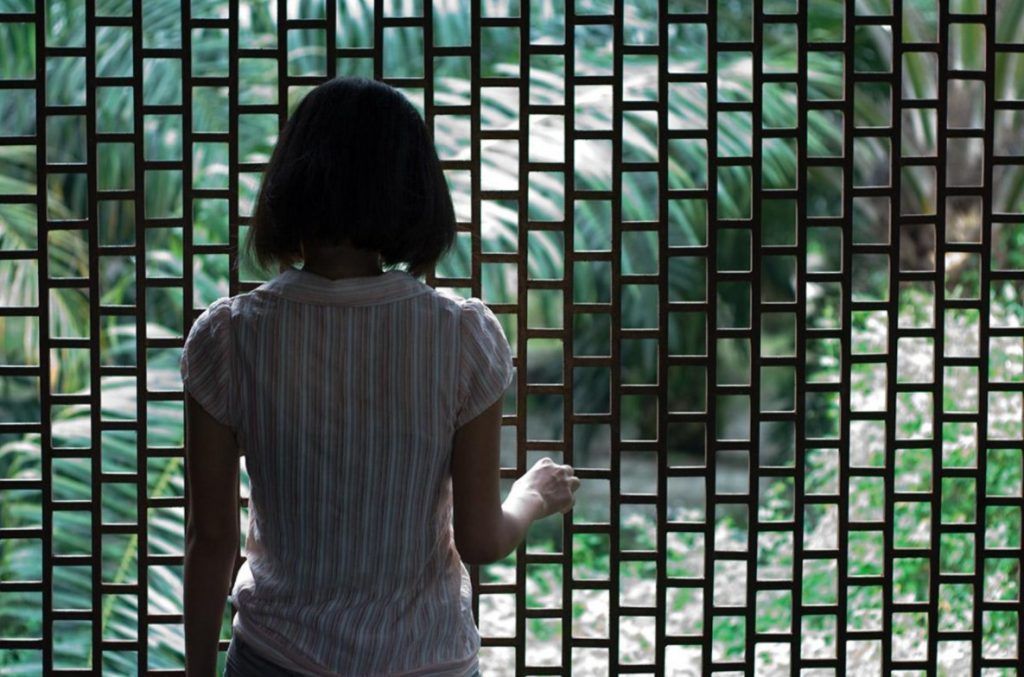
A few months ago, in my review of My Daughter, I stated my vested interest in exploring the Malaysian New Wave, a brief period in Malaysian cinema where up-and-coming directors eschewed technical quality for more subversive and self-reflecting films. To slightly expand on that, my interests in the New Wave was but one part of my exploration and curiosity for Malaysian indie cinema in general, a niche subset of world cinema that has been scarcely documented and even harder to actually come across. This was how I first heard of Chris Chong Chan Fui’s Karaoke, and with further digging, gave me a trailer that showed some promise with engaging cinematography, as well as a synopsis that seemed to be aiming for an introspective and reflective story. Of course, this wouldn’t beat actually seeing the film, so when the Asian Film Archive announced it as one of their selections in their Off-the-Catalogue series for January, I knew I had to go for it. It might very well be the only chance I get to see it.
Karaoke tells the story of Betik, played by Zahiril Adzim, a young adult who returns home jobless to his rural kampung from the capital city of Kuala Lumpur. He helps out in his mother’s karaoke bar, much to her chagrin, as he, for the lack of a better word, seems to root himself back into nostalgic satisfaction, waywardly getting a job shooting karaoke videos and potentially settling on a romance. In the background, as he finds himself wanting things to “be as they were”, the industrial landscape of Malaysia decides to move ahead, resulting in a clash between familiarity and progress.
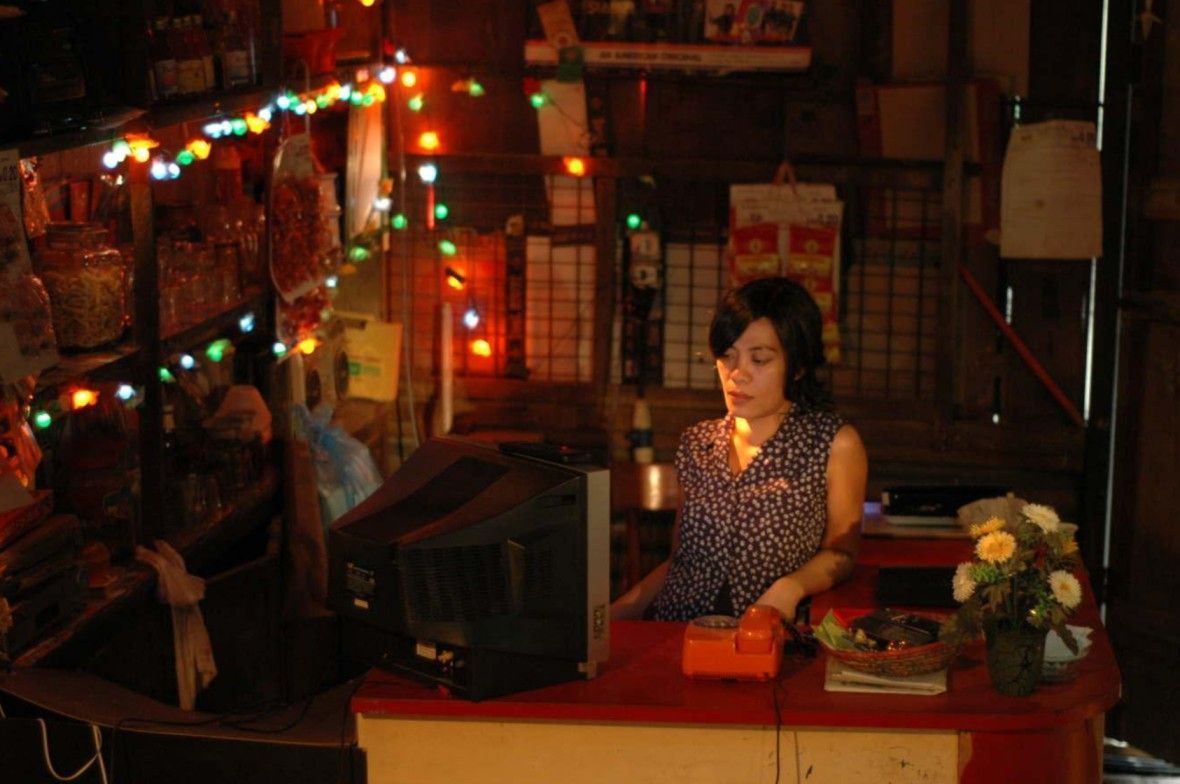
Right off the bat, Karaoke is a film that I find myself being respectful of. While reflective films about trying to regain comfort in a sea so societal and industrial modernization are nothing new, I had never seen a Malaysian film that sought to tackle this subject intimately and with serious artistic effort behind it. I’ll also admit that as someone who came from a similarly rural area of Malaysia, the landscape of never-ending palm trees and run-down buildings shown on the big screen certainly hit a chord in me. The film is shot quite well, with a picture quality that puts it technically above most of the Malaysian New Wave, and through that, director Chong utilizes long takes and still frames to infer a sense of solitude. Not much exciting goes on in Karaoke, which is very much its point, as Betik fights with everyone around him about his want for familiar stability. There is a sense of yearning that is as frustrating as it is relatable, and the film is truly at its best when it is able to focus on those conflicting emotions and relay them through the characters.
Unfortunately, despite its ambition, Karaoke misses more than it hits on that front. It falls into many of the potential pitfalls of going the slow cinema route, wherein it was unable to let the characters break through the still framing and really resonate with the audience. This could come down to editing issues, where the pacing was just a bit too slow, and in turn, became meandering instead of contemplative, or it could be that there is not much to the main character aside from his internal struggle. The film understandably hinges on that for its whole framework, but without much else to make Betik sympathetic or relatable, it slowly becomes clear that he is less a character and more simply a conduit through which the director can put his thoughts across.
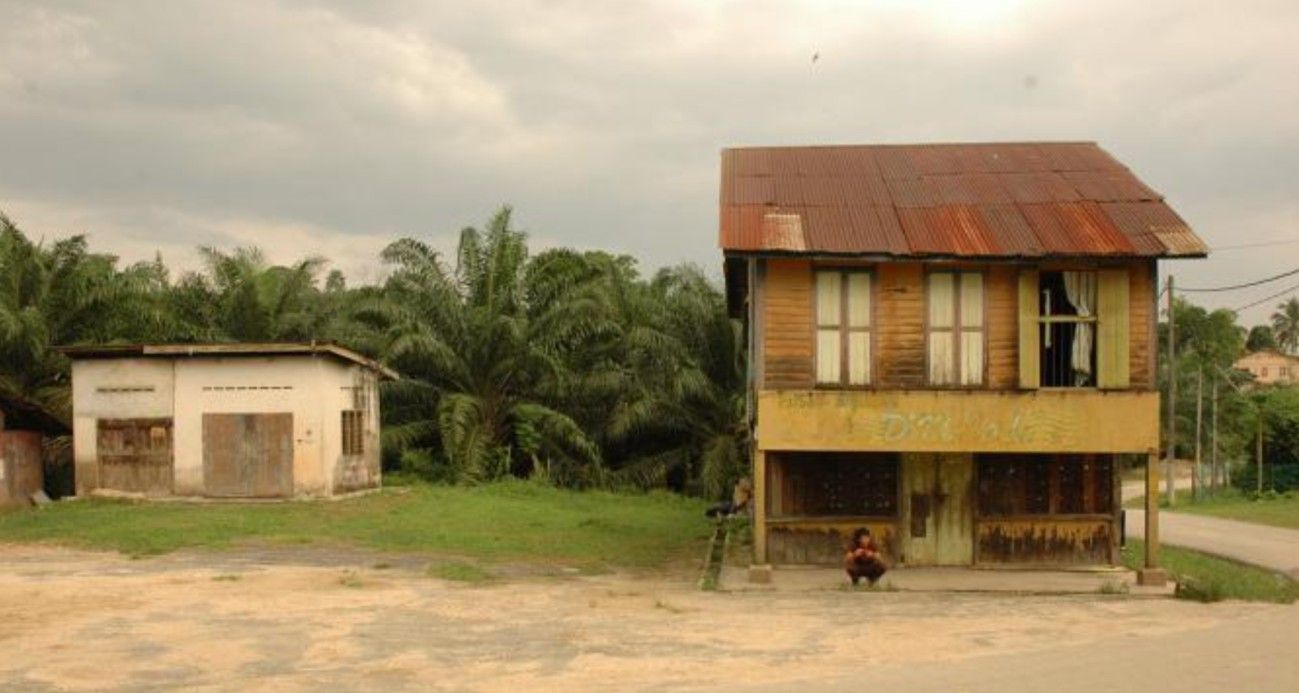
Chong has not made a feature film since Karaoke, and it would have been interesting to see how he would have progressed if he had done so. While I wouldn’t call Karaoke a particularly good film, it is still shot and framed pretty well, and there is clearly enough thematic depth and technical artistry behind it to make me believe that with further films, he could have more carefully and poignantly explored these thoughts of a changing Malaysia.
——————————————————————————-
This review is published as an extension of *SCAPE’s Film Critics Lab, organised by The Filmic Eye with support from the Singapore Film Society.
About the Author: Wei Li Heng is an avid lover of uncovering and writing about obscure and underseen Asian cinema. He hopes to discover local cinematic gems and share them to a wider audience.
——————————————————————————-
About the Movie:
Directed by: Chris Chong Chan Fui
Cast: Zahiril Adzim, Amerul Affendi, Hariry Jalil
Year: 2009
Duration: 1h 14min
Language: Malay
Synopsis: Betik (Zahiril Adzim) returns to his small village to help run the family’s karaoke bar, and his idealism clashes with a changing country.

